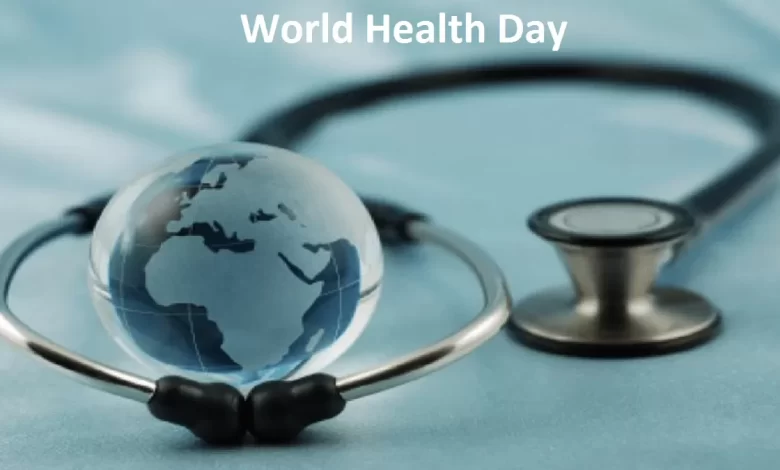
Every year on April 7, countries around the world observe World Health Day to raise awareness about the importance of health and to spotlight global health challenges. This year, the World Health Organization (WHO) has set the theme as “Health for All,” aiming to ensure access to quality healthcare for every individual, regardless of nationality, language, religion, or region.
But the question remains: Is health genuinely accessible to everyone?
In developing nations like Pakistan, especially in the rural and tribal areas of Khyber Pakhtunkhwa, thousands still live without access to clean drinking water, quality food, proper healthcare centers, and qualified medical professionals. The lack of basic infrastructure, untrained staff, and essential medicines in remote areas casts serious doubt on the "Health for All" slogan.
Malnutrition and Obesity:
Pakistan presents a paradox—on one side, children suffer from malnutrition; on the other, an increasing preference for fast food is leading to rising obesity rates, especially in urban centers.
Also Read: Torkham Border Restrictions Leave Afghan Returnees Stranded Without TAD Documents
Mental Health Crisis:
Mental health concerns like stress, anxiety, and depression are surging, particularly among youth. Yet there is little awareness and even fewer services available to address these growing concerns.
Lack of Clean Water and Sanitation:
Outbreaks of cholera, typhoid, and other waterborne diseases are becoming common due to poor sanitation and access to unclean water, affecting both rural and urban populations.
Unequal Access to Medical Facilities:
While urban areas enjoy relatively better healthcare, rural communities—especially women and children—are often left behind. Gender disparities in healthcare access remain a significant concern.
The Neglected Field of Mental Health:
Mental health continues to be a taboo topic in Pakistan. There's a severe shortage of qualified psychologists, and mental illness is still stigmatized, causing many to suffer in silence rather than seek help.
World Health Day is not merely a symbolic gesture; it’s a call to action. The goal is to foster policies and build environments where every human being has a real opportunity to live a healthy life.
True realization of “Health for All” demands more than slogans and celebrations. It requires a collective responsibility—governments, institutions, and individuals must work together to create an equitable healthcare system.
In countries like Pakistan, where healthcare inequalities are stark, experts argue that unless the government invests in strengthening the healthcare infrastructure in rural and underprivileged areas, the dream of “Health for All” will remain just that—a dream.